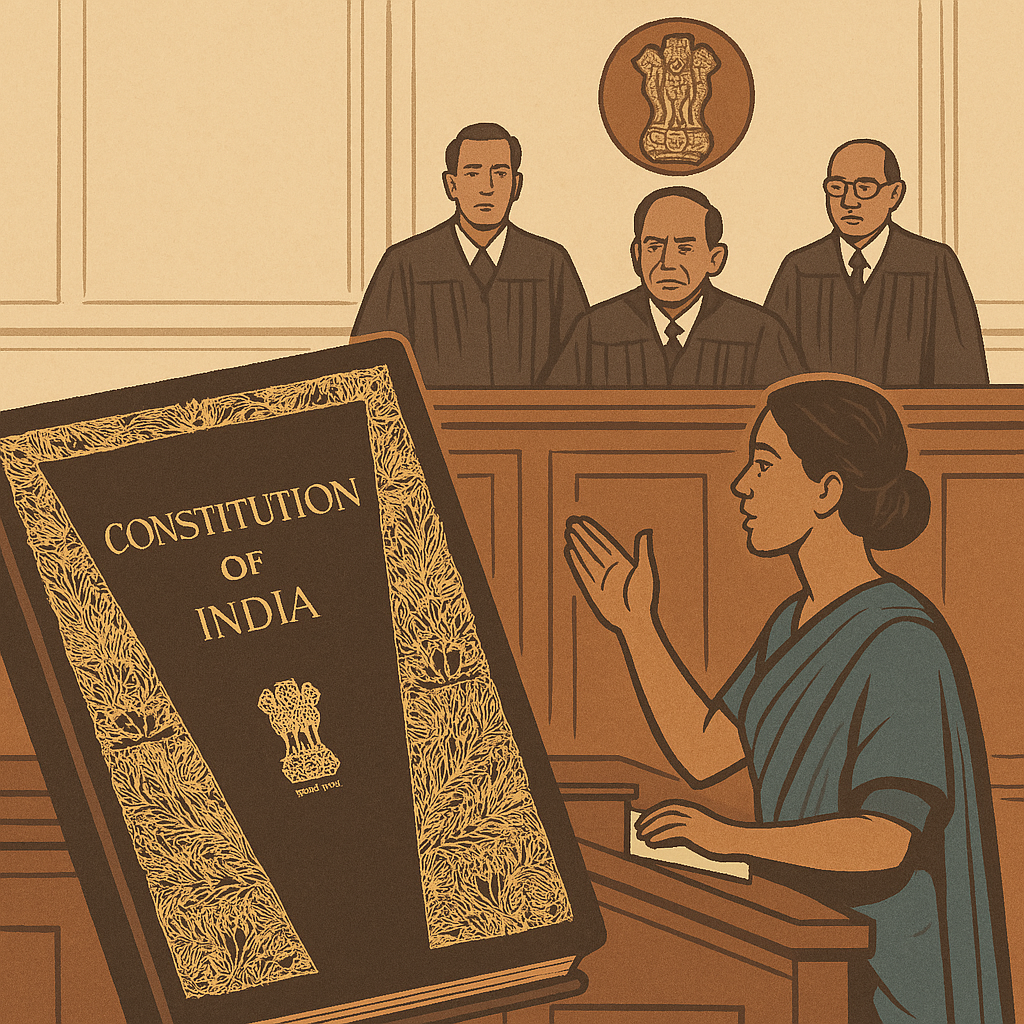⚖️ Landmark Case: Joseph Shine v. Union of India (2018)
📝 Summary:
This case decriminalized adultery in India by striking down Section 497 IPC, ruling it discriminatory and outdated.
📚 Background
Section 497 IPC treated adultery as a crime committed by a man against another man (the husband), where the woman was not punishable at all. It reflected patriarchal assumptions about ownership of women.
Joseph Shine, an Indian living abroad, filed a PIL challenging the law as unjust, sexist, and unconstitutional.
🧑⚖️ Supreme Court Verdict
In a unanimous 5-judge bench, the Court struck down Section 497.
-
Violation of Article 14, 15, and 21
The law treated women as property and violated their dignity, equality, and autonomy. -
Private morality ≠ Criminal offense
Adultery may be grounds for divorce, but not a crime punishable by jail. -
Equal treatment for both genders
The law was biased—it only punished men and assumed women had no agency.
🧠 Significance
-
Decriminalized adultery while maintaining it as a civil ground for divorce.
-
Affirmed gender equality and personal liberty.
-
Modernized criminal law to reflect individual rights over patriarchal norms.
🧩 Conclusion
The Joseph Shine case was a milestone for gender justice and personal freedom. It reminded the nation that laws must evolve with time, especially when they clash with the constitutional values of dignity and equality.

